According to Rape, Abuse & Incest National Network (RAINN), someone is sexually assaulted every 68 seconds and 1 in 6 American women have been raped or has been attempted to be raped in their lifetime.
Following a sexual assault, a person is generally in a state of high distress. As a result of being assaulted, you can feel scared, angry, guilty, anxious, and sad. Some may feel embarrassed or ashamed as a result of sexual assault.
In addition, people who have survived a sexual assault tend to have a higher likelihood of developing post-traumatic stress disorder (PTSD). A couple of symptoms of PTSD are nightmares or intrusive thoughts. Individuals might feel like they are always in danger or need to be on constant alert or have a hard time trusting others.
Trauma from a sexual assault can cause a number of different mental health disorders so it’s important to know the signs and symptoms that people may experience and how to get treatment.
What is Psychosexual Trauma?
Sexual trauma occurs when a person is exposed to sexually abusive behaviors. That includes an inappropriate behavior that is intended to give the offender any sort of sexual gratification.
This behavior can be physical such as grabbing or being touched in a sexual manner. This can also include verbal behaviors like humiliation or threats of sexual acts as well as visual ones such as being forced to look at sexual images or acts.
Someone may experience physical harm, intense fear, or even be forced to perform sexual acts due to such behaviors.
Anyone can experience sexual trauma therefore it is not specific to a single age, gender or socioeconomic status.
Signs and Symptoms
While everyone experiences sexual assault differently depending on their age and support system, different survivors of sexual trauma show similar signs. You should not minimize your experiences just because your experiences are different than others or they aren’t the typical signs and symptoms.
Signs and symptoms can include:
- Changes in sleep schedule (more or less frequent, nightmares, insomnia)
- Changes in social behavior
- Differences in hygiene
- Poor concentration
- Changes in school or work performance
- Shifts in mood
- Engaging in self-harm or suicidal ideations
- Using substances
Does Trauma Lead to Hypersexuality?
Hypersexuality can be considered now as a reactive form of a major affective psychopathology derived from a trauma, hiding the real issues of a suffering personality. Hence, the psychopathology of trauma should be the main target for the treatment in many cases of hypersexual behavior.
Due to the fear of a person’s safety or fear that they will not be believed, most sexual abuses cases go unreported. According to the U.S. Department of Justice, only about ¼ of sexual assault and abuse go reported each year.
While most are afraid to report because of fear of shame or guilt others are hesitant because they are too young or have other limitations that prevent them from communicating their experience effectively.
According to Rape, Abuse & Incest National Network (RAINN):
- From 2009 to 2013, Child Protective Services agencies substantiated, or found strong evidence to indicate that, 63,000 children a year were victims of sexual abuse.
- A majority of child victims are 12-17. Of victims under the age of 18: 34% of victims of sexual assault and rape are under age 12, and 66% of victims of sexual assault and rape are age 12-17.
Long Terms Effects of Sexual Assault
If left untreated, a person who has experienced sexual abuse is at risk for experiencing long-term effects from their trauma. According to the Centers of Disease Control (CDC), experiencing sexual trauma can have lasting negative effects on a person’s health, well-being, and opportunity. In children, adverse childhood experiences (ACEs), such as sexual trauma, are linked to chronic health problems, mental illness, and substance misuse in adulthood. This can also negatively impact education and job opportunities for them.
Sexual violence has been linked to negative health behaviors, such as increased likelihood to smoke, abuse substances, and engage in risky sexual activity. Sexual trauma symptoms can manifest physically, such as experiencing reoccurring gynecological, gastrointestinal, cardiovascular, and sexual health problems. In addition, readjusting to daily life after experiencing trauma can be challenging as survivors may have difficulty in their personal relationships, in returning to work or school, and in regaining a sense of normalcy and identity.
Psychosexual Trauma Therapy
Trauma, also known as post-traumatic stress (PTSD), is an emotional response to a terrible occurrence or incident. It results in shock or denial. Long-term trauma may be characterized by flashbacks, strained relationships, unpredictable emotions, and physical symptoms like nausea and headaches.
On average, about 60% of men and 50% of women experience at least one traumatic event in their lifetime. If you find it challenging to move on with your life after an accident, sexual assault, or sudden death of a family member, trauma therapy can help.
Our mental health specialists in Edina, MN, can create the best treatment plan to help you overcome your PTSD. They are qualified to provide psychotherapy that involves talk therapy and medication. If need be, they can also provide Cognitive behavioral therapy (CBT). In CBT, the patient is asked to face their traumatic experience, and the therapist helps them cope with any distress they feel about the experience.
We also offer Eye Movement Desensitization and Reprocessing (EMDR) in other circumstances. This therapy is aimed at relieving trauma symptoms. In the process, the client makes eye movements while recalling the traumatic event in detail, usually following the therapist’s finger movements.
Getting Help with Steps For Change
At Steps for Change US, we understand people’s situations when suffering from mental health issues. That’s why we are dedicated to providing evidence-based mental health treatment in Edina, MN.
We help individuals with psychiatric conditions to take that very important step toward recovery. We boast a team of qualified and seasoned therapists who are ready to provide compassionate and client-focused treatments. With us, clients receive the mental healthcare they need to become the best version themselves.
Our mental health facilities near me in Edina, MN, provide patients with proven therapeutic services to ensure they heal and reach full recovery in a safe, welcoming, and homely environment. We have an extensive service portfolio that features a wide range of psychotherapy and counseling. We also offer specialized treatments and services, from addiction recovery and psychosexual therapies to depression, anxiety, and trauma.


